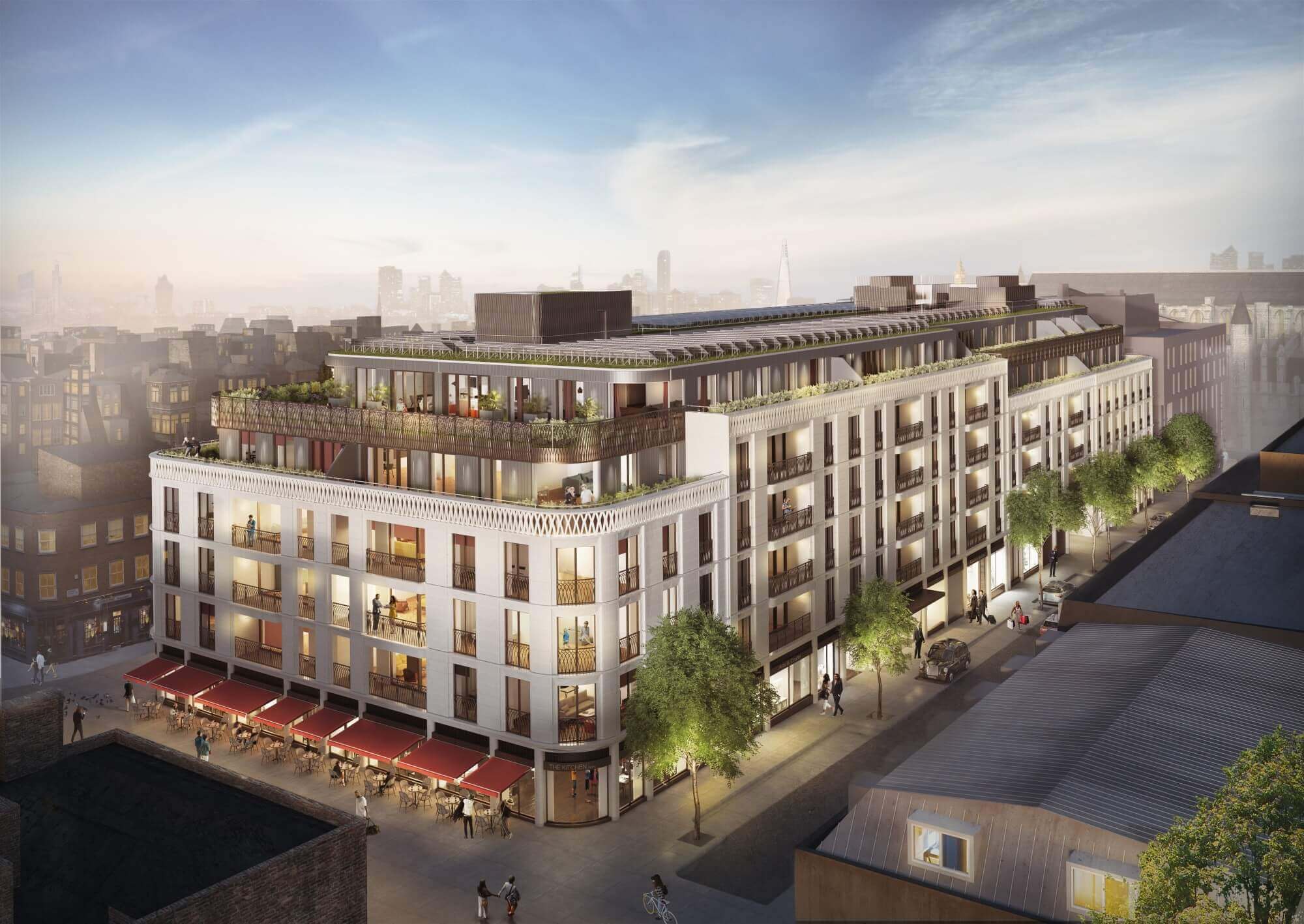Commercial Property Finance For The UK and Europe
The term commercial property finance covers a number of products offered to business owners and property developers who want to refurbish, renovate or invest in commercial property. With a variety of options available, you can find the best product to suit your growth objectives and current financial circumstances, whether you are acting alone, as an owner of a small business or as an established limited company
When are commercial mortgages used?A commercial mortgage generally takes over where business loans finish. Business loans up to £25,000 are unsecured, but for larger amounts lenders need security in order to reduce the risk to themselves. A business mortgage usually lasts from three to 25 years and you can usually find a 70–75% mortgage. This is a measure of loan-to-value ratio to see how much you’re borrowing in relation to how much the property is worth. If it’s an investment then the amount you can borrow will be determined by the rental income generated by the investment, but this will not exceed 65% of the purchase price. If you are buying a business which includes goodwill, stock etc then the amount available will be further reduced. .
Key features of taking out a commercial mortgage
A business mortgage plan differs from a regular mortgage in the following ways:There are usually no fixed rates for commercial mortgages You’ll usually pay a higher interest rate on commercial mortgages compared to regular home mortgages as these are considered higher-risk to lenders Commercial mortgages tend to offer better interest rates than regular business loans as these require property as collateral
What Countries Is Commercial Property Financing Available For
Banks in all countries will cater for commercial property financing and mortgages in their respective countries. However specialist brokers will normally cater for Tier 1 countries and cities around the world such as United Kingdom, United States, Canada, France, Belgium, Netherlands, Spain, Germany, Portugal, Italy, Denmark, Sweden, Norway, Switzerland, Plus many more European countries.
How to apply for a commercial mortgage
Hiring a specialist broker could help ensure you’re paired with the most suitable lender and make the application process more manageable. A commercial mortgage application works similarly to taking out a regular mortgage for your home:
1. You complete and submit the Asset and Liability form (this can usually be done online)
2. You’ll then be asked to complete the commercial loan application form. You’ll be required to provide information on your business (listed below)4. The property is valued. All legal due diligence will be carried out by the lender’s solicitors6. If approved, you’ll receive a mortgage offer by the bankIt’s a good idea to collate the necessary documents ahead of time, so your application is processed more efficiently:Bank statements usually covering the last 3 monthsTrading figures usually covering the last 3 yearsProof of identity and addressLease and/or tenancy agreementsYou may have to provide a business plan for financial projections — this could help the lender determine how likely you’re to be able to pay off the loan
Types of commercial mortgages
Commercial financing can be divided into two categories:Owner-occupier mortgages: This is used to buy property that will be used as trading premises for your business.Commercial investment mortgages: This is used for property you’re planning to let out.
How do you pay interest on a commercial mortgage?
Most commercial mortgages are paid at a variable rate. Typically, a rate will be quoted as X% over base or LIBOR, and this in residential terms would be called a tracker mortgage. Fixed rate mortgages are available and for amounts under £500,000, where the lender takes the rate risk themselves, they may be advantageous.The rates charged for commercial mortgages and business loans are not determined from the off-set like most personal loans are. Lenders usually have a risk profile that they work to, so if your loan falls outside their risk profile it will be refused.With a commercial property mortgage, you won’t have any sudden or unexpected rent increases, but obviously monthly repayments could go up if you have a variable rate deal. You may, however, be able to get a fixed rate mortgage for a period of time.If the property increases in value, your business capital will go up and interest repayments on a commercial mortgage are tax deductible. You could possibly rent a portion of the premises to another company to help meet those monthly repayments, if your lender agrees to such an arrangement.Repayment options are not unlike those found in the residential market, but there’s usually a slightly higher rate of interest, as commercial mortgages are perceived as higher-risk. It’s prudent to be able to offset this risk with as large a deposit as possible — at least 20%.And as well as the standard valuation, arrangement, and legal fees, there can be additional costs associated with a commercial mortgage, so it’s worth seeking clarification from a lender or broker.There’s a wealth of commercial mortgage providers out there, from the main high street banks to specialist lenders, so it’s worth searching the market to find one that ticks all your boxes — for the right price.

